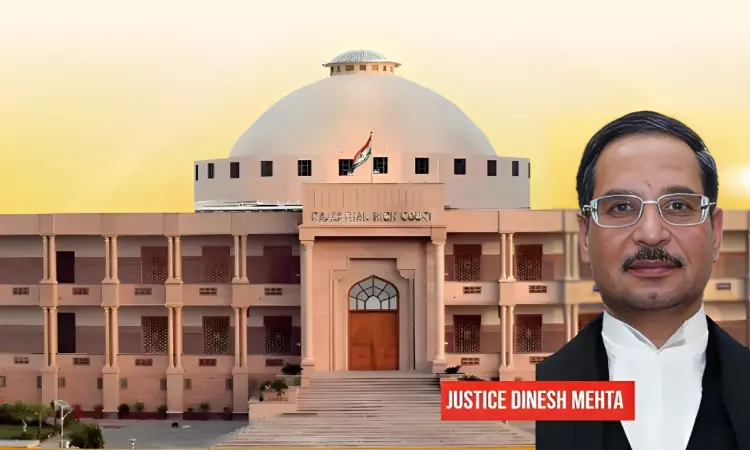Aanganwadi Workers | 'Depriving Women Of Public Employment For Her Being Unmarried Violates Articles 14, 16': Rajasthan HC
Sparsh Upadhyay
7 Sept 2023 9:15 PM IST

Next Story
7 Sept 2023 9:15 PM IST
The Rajasthan High Court has held that depriving a woman of public employment on the grounds of her being unmarried, apart from being violative of fundamental rights guaranteed to a woman under Articles 14 and 16 of the Constitution of India, also impinges upon a woman’s dignity.The bench of Justice Dinesh Mehta stressed that the State can not prevent a woman from claiming a job simply...
